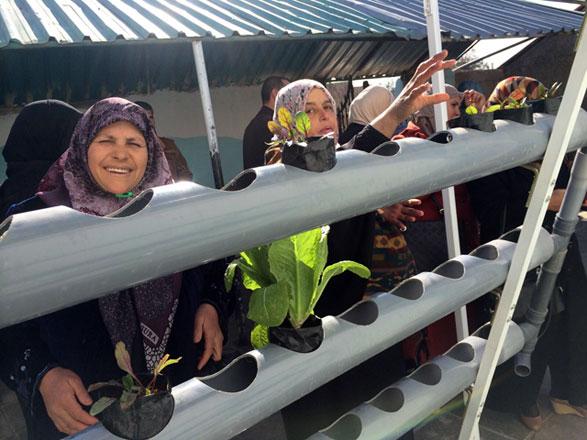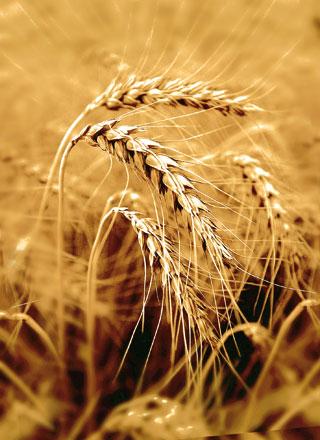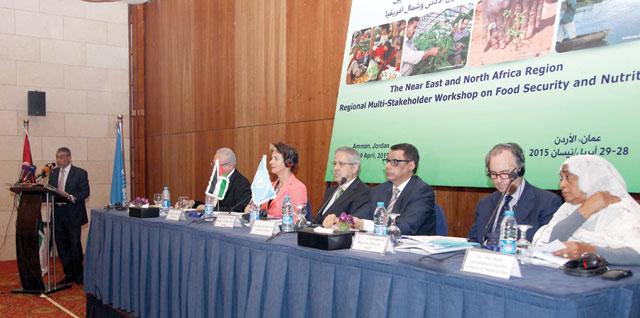You are here
Vegetable products dominate Jordanians’ diet — DoS
By Khetam Malkawi - Oct 13,2016 - Last updated at Oct 13,2016
AMMAN — Vegetable products dominate Jordanians’ food consumption, constituting 87 per cent of their daily intake on average, the Department of Statistics (DoS) said on Thursday.
The average Jordanian consumes 2,542 calories from vegetables and 365 calories from animal products each day, DoS said in a statement issued to mark World Food Day.
Grains are the main source of food for Jordanians, the department said.
World Food Day, which is observed annually on October 16, is celebrated this year under the theme “Climate is changing. Food and agriculture must too”.
According to the UN Food and Agriculture Organisation (FAO), food security is one of the biggest issues related to the climate change.
“The world’s poorest — many of whom are farmers, fishers and pastoralists — are being hit hardest by higher temperatures and an increasing frequency in weather-related disasters,” FAO said on its website.
“At the same time, the global population is growing steadily and is expected to reach 9.6 billion by 2050. To meet such a heavy demand, agriculture and food systems will need to adapt to the adverse effects of the climate change and become more resilient, productive and sustainable,” FAO said, stressing that this is the only way to ensure the well-being of ecosystems and rural populations, and reduce emissions.
In a previous interview with The Jordan Times, FAO Representative to Jordan Nasredin Hag Elamin said that realising food security in the Kingdom is challenging due to the extreme scarcity of water and land. “You cannot produce enough.”
The Kingdom, he noted, needs a long-term perspective to deal with this challenge.
Jordan is located in the dry zone, and subject to recurrent draughts, in addition to the impact of the climate change. “Even the frost here has become more recurrent,” the UN official added.
As a result, he explained, Jordan is becoming increasingly dependent on imports, with almost 80 per cent of the country’s food needs and 90 per cent of cereals imported.
Abdessalam Ould Ahmed, FAO assistant-director and regional representative, said that the climate change is one of the most formidable challenges facing humanity.
“Our region, one of the most arid and water scarce regions in the world, is particularly vulnerable to climate change impacts,” Ould Ahmed said in a recent statement e-mailed to The Jordan Times.
There will be no improved food security and no eradication of poverty in the region without adaptation to the climate change, he warned.
Related Articles
AMMAN — Although it was implemented on a limited scale, a project by the UN Food and Agriculture Organisation (FAO) in Jordan has proven tha
AMMAN — Jordan imports food products worth $3.8 billion annually, in addition to wheat products not included in this amount, a senior offici
The Near East and North Africa (NENA) region faces unprecedented challenges to food security and nutrition, especially in the countries that are now under conflict, experts and UN officials said on Tuesday.


















